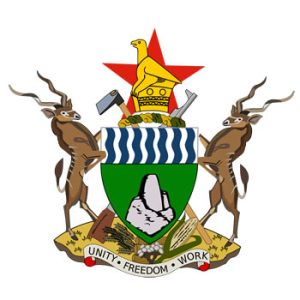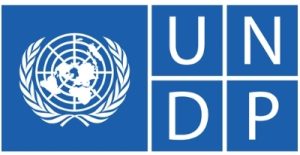- 194 Baines Avenue, Harare, Zimbabwe
- Mon - Fri: 8AM - 5PM
| Search
| Search
| Search
Impact Hub Harare’s Capacity Building services are crafted to enhance the skills and competencies of individuals and organizations. Our workshops, training sessions, and continuous education programs are designed to equip participants with the knowledge and tools necessary to drive social innovation and business growth. We partner with industry leaders to deliver impactful sessions that address the most pressing challenges and opportunities in various sectors. Our goal is to empower you to lead and innovate effectively.
– Customized Workshops
– Leadership Training
– Technical Skills Development
– Continuous Education Programs
– Access to Expert Facilitators





Service:
Website:
(none)
Clients:


In 2019, Impact Hub Harare, in collaboration with UNDP Zimbabwe and the Ministry of Women, Community, Small and Medium Enterprises Development, launched the pilot of the MicroWorkspace Programme. This capacity-building initiative was designed to provide technical training to unemployed urban youth, equipping them with the skills needed to earn an income from online tech jobs. The programme addressed several Sustainable Development Goals (SDGs) — including SDG 1 (No Poverty), SDG 4 (Quality Education), SDG 5 (Gender Equality), SDG 8 (Decent Work), and SDG 9 (Industry, Innovation, and Infrastructure).
Running from February to September 2019, the pilot programme trained 15 participants, with 80% female participation. The programme covered both technical and soft skills to ensure participants were well-rounded and prepared for remote work opportunities.
Since its inception, the MicroWorkspace Programme has expanded by 200% under the Digital Skills 4 Youth Programme, supported by the Swedish Embassy (Sida) in partnership with Plan International. The initiative will now reach over 1,000 students across Zimbabwe, offering opportunities to gain in-demand digital skills for freelance and remote work. This growth has transformed the programme into a multi-million-dollar project, significantly expanding its reach and impact.
The MicroWorkspace Programme was designed to:
– Provide digital and technical training for unemployed youth.
– Connect graduates with freelance jobs and remote work opportunities.
– Support women in tech, ensuring at least 50% female participation.
– Help reduce unemployment by equipping youth with globally in-demand skill
One of the programme’s success stories is Albertina Fana, a security guard who worked night shifts and studied during the day. After completing the MicroWorkspace Programme, Albertina transitioned into the tech space and founded her own tech enterprise. Her story exemplifies the transformative impact of the programme, inspiring others to pursue opportunities in the digital economy.
The programme received 499 applications, and 15 participants were selected based on criteria such as unemployment status, passion for digital skills, and financial need.
The curriculum was developed with input from SAP, Verizon, and other local and international experts, and included:
1. Technical Training: Focused on web development, including HTML, CSS, JavaScript, and WordPress.
2. Soft Skills Development: Covered essential skills like communication, teamwork, problem-solving, and digital marketing.
3. Social Media Management: Focused on content creation, marketing strategies, and digital engagement.
The graduation ceremony was held on 24 September 2021, where participants, including Albertina Fana, showcased their projects. Graduates shared personal success stories, highlighting the programme’s impact on their lives and careers.
The Digital Skills 4 Youth Programme will further scale the MicroWorkspace initiative, reaching over 1,000 students and providing them with essential digital skills to thrive in the global economy. Impact Hub Harare aims to continue empowering Zimbabwean youth through innovative capacity-building programmes.
The MicroWorkspace Programme has evolved from a small pilot into a multi-million-dollar initiative, helping hundreds of youth like Albertina Fana transition into the tech space. With the continued support of partners like UNDP Zimbabwe, Sida, and Plan International, Impact Hub Harare remains committed to building a brighter, digitally-enabled future for Zimbabwe’s youth.